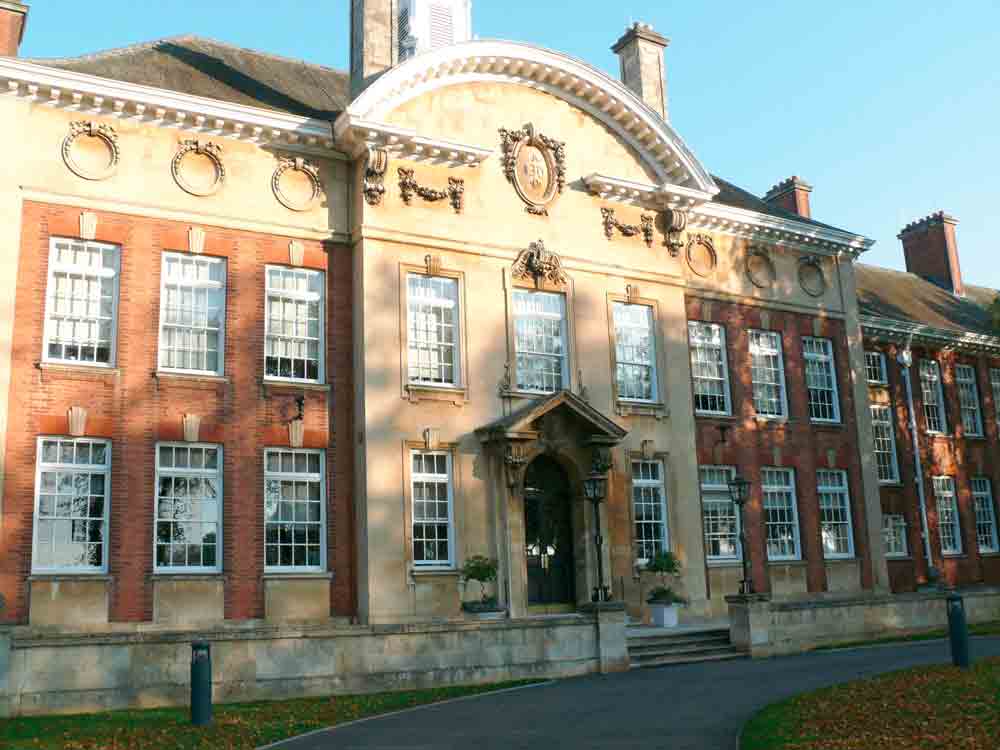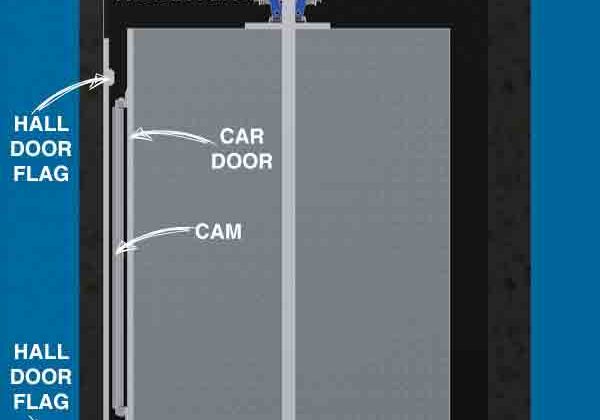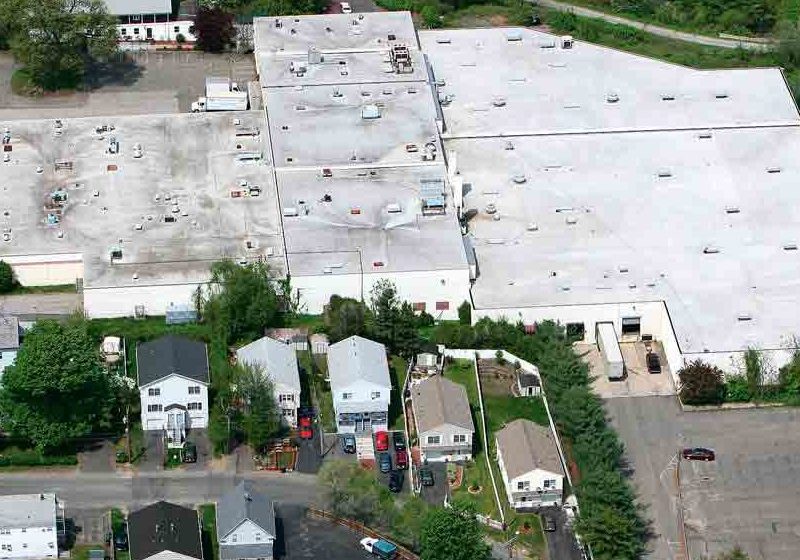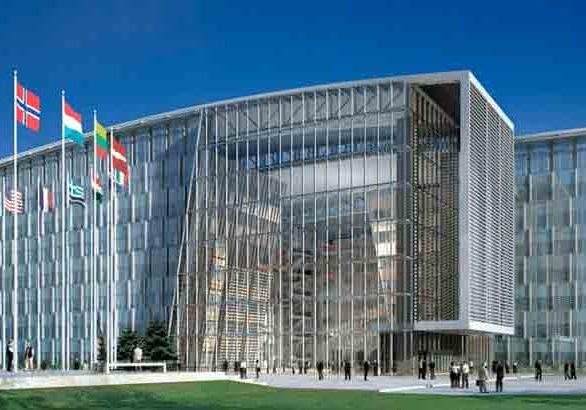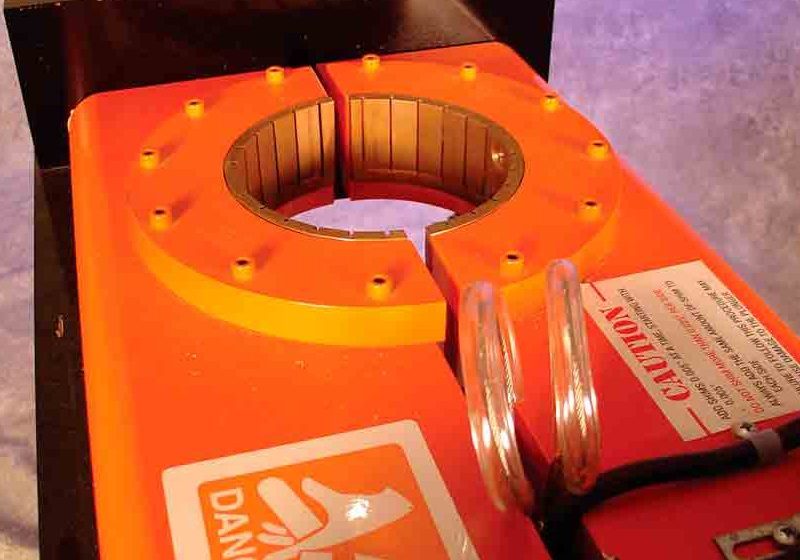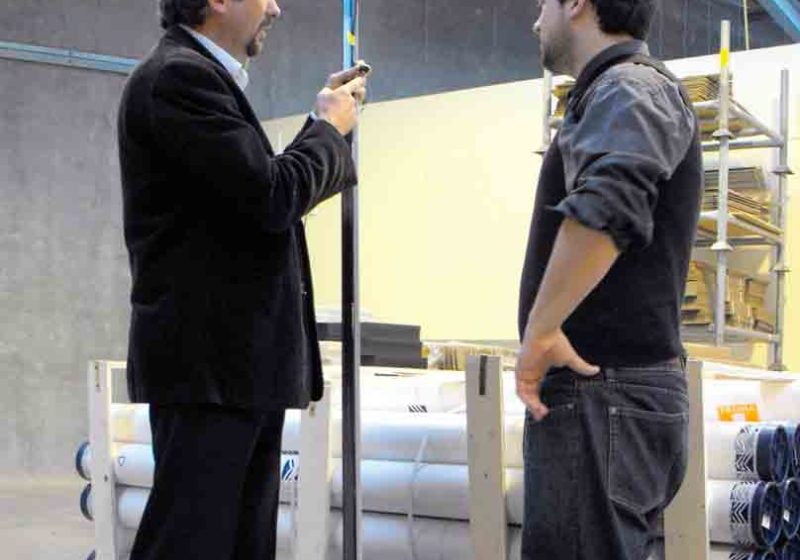Delegates gathered in Northampton, U.K., to listen to a series of papers on elevator and escalator technology.
Delegates gathered at the University of Northampton in Northampton, U.K., on September 29 to listen to an interesting and informative series of papers on lift and escalator technology. The event was a combination of invited speakers and students of the MSc lift engineering program. Attending students were selected from current enrollees and recent MSc course graduates. Students were judged by a number of industry veterans who awarded GBP£500 (US$779.53) to the best presentation, with a copy of Systems Engineering of Elevators by Dr. Stefan Kaczmarczyk and Phil Andrew also given to the winner and runner up.
The event was opened by John Sinclair, deputy dean of the university, who welcomed attendees to the recently refurbished Newton Building. Having been a girls’ school for many years, the building had become semi-derelict and was revived by a multimillion dollar investment from the university. The opening lecture, “Energy Models for Lifts,” was presented by Dr. Gina Barney and followed by Tim Ebeling of Henning GmbH, who presented a paper entitled “A Reliable Forecast of Lift System Wear.”
Phil Andrew opened the second session, giving a fascinating presentation about thoughts on progressive safety gears and modernization. Following this, the first of the MSc graduates, Peter Feldhusen, presented a paper on the development of belt-type suspension and transmission. The paper was well-received and awarded first prize by the judges. Two additional papers from MSc graduates followed. Julia Munday explored the subject of “Is the Gearbox Dead,” which caused some debate among the delegates. The final paper of the session was presented by Mohammadreza Nahi, who reviewed the application of linear motors in vertical transportation.
During lunch, delegates were invited to experience a 3D-graphics system purchased by the university. The system allows components to be viewed in 3D format based on drawings.
Immediately after lunch, delegates listened to two industry veterans, Adam Scott and Rory Smith. Scott spoke on the practical application of a multi-car system that has been installed in London, and Smith discussed modern estimates of passenger demand. The session was closed by Matthew Revitt, who presented a paper entitled “The Reliance on Testing for Modernized Lifts.”
The final session was opened by yet another industry veteran, Dr. Lutfi Al-Sharif, who gave a lively presentation about the use of Monte Carlo simulation to evaluate average passenger travel time during up-peak situations. Keisuke Mori then presented the first of two papers about escalators, of which, he focused on research and a solution to prevent speed pulsation in escalator step chains. The second paper was presented by Elena Shcherbakova, and illustrated mathematical modeling indicating that the Levytator curvilinear escalator required less energy to operate than an equivalent conventional escalator.
Dr. Richard Peters closed the event and awarded prizes to the winning presenters. The event was deemed a great success, and plans are being made to repeat the event on an annual basis.
Update on the University of Northampton Lift-Engineering Programs
by Stefan Kaczmarczyk, PhD
The Lift Engineering program offered at the University of Northampton includes undergraduate Higher National Certificate and Foundation Degree courses, as well as postgraduate courses at masters (MSc, Mphil) and doctoral levels. Both taught and research programs involve the study of the advanced principles and philosophy underlying lift engineering.
The MSc is a postgraduate course that aims to provide a detailed, academic study of lift engineering and related management issues, with a higher level of qualification for students employed in lift manufacturing or related industries. In recent years, 60 successful projects have been completed and MSc dissertations submitted. These cover a range of topics and reflect the industry’s needs and students’ interests.
Research projects form an integral part of the program and give students an opportunity to conduct an independent study, making use of the skills and knowledge acquired in the course. The advanced research program provides an opportunity for MSc graduates to continue their studies toward higher research degrees. David Cooper recently completed the MSc and was awarded a Master of Philosophy (MPhil) degree; his MPhil thesis was entitled “An Investigation into Falls Over or From the Side of Escalators.” Furthermore, Rory Smith, another MSc alumnus, was awarded a Doctor of Philosophy degree for his thesis “The Determination of Lift Traffic Design Requirements Based on New Technologies and Modern Traffic Patterns.”
On September 28-30, 2011, the University of Northampton’s Lift Technology department held its Inaugural Lift Engineering School. The school was well attended by new and returning students, as well as lift-industry practitioners. More than 300 students have enrolled in the university’s lift-engineering courses for the 2011-2012 school year.
The university included a range of activities, from module enrollments and induction programs to seminar presentations and workshops. On September 29, more than 50 international experts from the field of vertical transportation were in attendance for the Symposium on Lift and Escalator Technologies. This event was followed by a technical visit to the National Lift Tower.
Get more of Elevator World. Sign up for our free e-newsletter.
